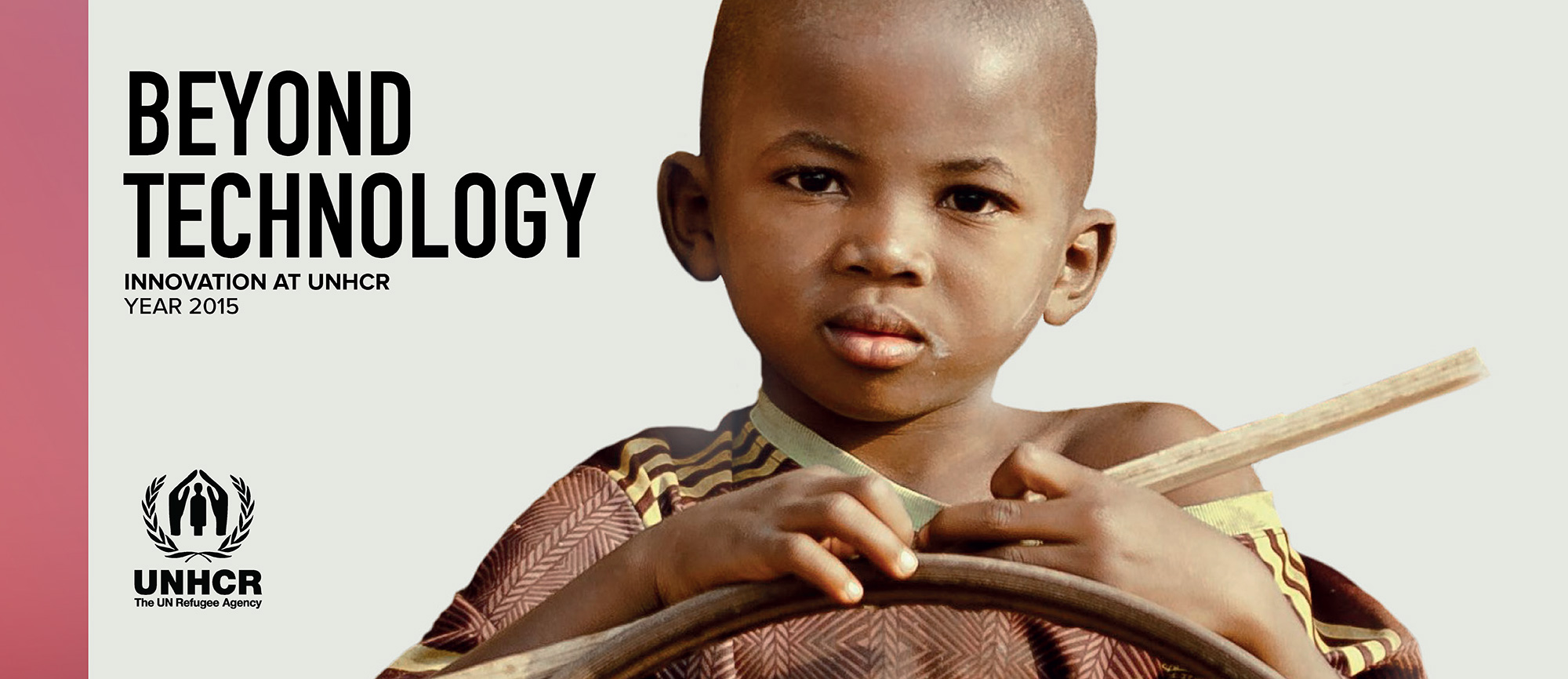Our Learn Lab is working with UNHCR’s Education Unit and the Vodafone Foundation to provide tablet-based education in primary and secondary schools, and vocational skills centers across Dadaab’s camps. How will this work? The centers have been equipped with mobile technology through the Instant Networks mobile education program and Safaricom is providing connectivity across all 13 solar-powered instant network schools. In addition, a total of 378 teachers will be trained in tablet-based learning programs to provide education to some 18,000 young refugees across Dadaab’s camps. The classrooms and tablets will provide young people not only an unlimited information resource but a link to life outside the Dadaab.
An Instant Network school is a solar powered centre with tablets – and in some cases also with computers – where child refugees and teachers can access digital content and the internet over Safaricom’s mobile network. All Instant Network Schools are built on existing ICT projects to create synergies among the local community. The success of a Vodafone Instant Network Classroom is a combination of dynamic teaching methods through mobile technology and connectivity. Content such as PDFs of national curricula, interactive apps, videos, Wikipedia articles, and Worldreader e-books provide children with opportunity to broaden their knowledge and horizons. While some pupils may have never had the means to see even an ocean or a river, the diverse content and tablet-based learning programs allow for them to take their own journey and to explore. Teachers within the Vodafone Instant Network Classroom are trained with coaches and an IT support team so they can successfully structure the classroom and agenda in the school.
Moreover, the classrooms are powered through a combination of solar energy and mobile network connectivity so students may continue their education in areas that do not have access to electrical power. The success of a Vodafone Instant Network Classroom is based on these blended learning tools benefiting children within the refugee camps. The Vodafone Foundation has witnessed a number of immediate and long term benefits of this program, including increased student motivation, better integration in the host country, improvement in the quality of learning and ultimately, an increased capacity to rebuild their lives outside the camp.
If you’d like to repost this article on your website, please see our reposting policy.











